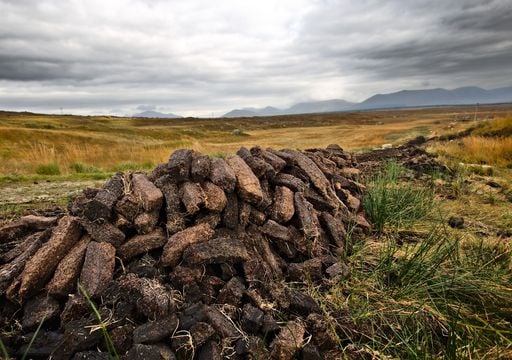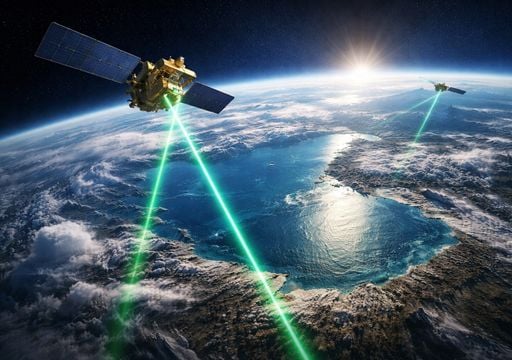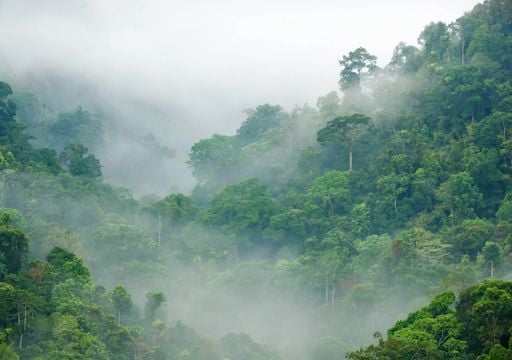Identity Crisis in Birds? American Ornithological Society is Changing Harmful Names of Some Birds
Bird watchers will need to update their ledgers! The American Ornithological Society plans to change a slew of birds names away from any person based names.
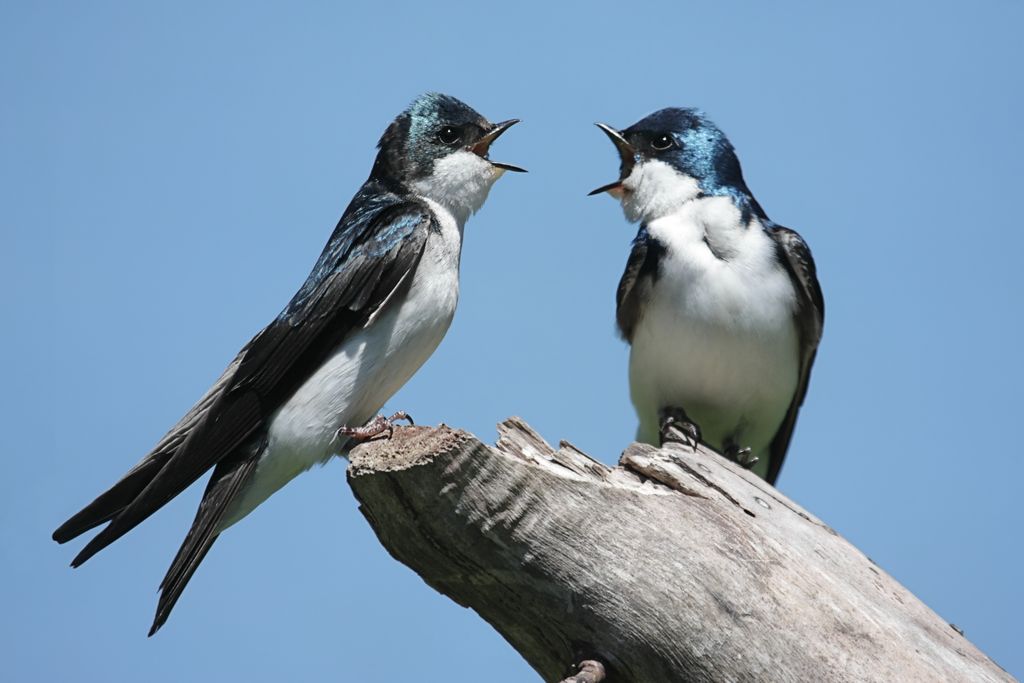
In the past, the people who discovered a new species of bird were the ones who named them. Usually, this meant they would name the birds after themselves. However, this has led to some winged creatures having exclusionary names.
The reasoning behind the name change
Many bird names come from people who did not believe all people to be equal. The American Ornithological Society (AOS) aims to change names that have harmful connotations for those who do not look like the people who named these birds.
These names came from a time enrooted in racism and sexism. Birders today find this to be exclusionary to a wide mass of people and thought to change the names to stop honoring people from the harmful time.
BREAKING: AOS will change all English bird names currently named after people within its geographic jurisdictionone step in an effort to address past wrongs and engage more people in the enjoyment, protection and study of birds. https://t.co/EgGbux7TPR #BirdNames
— American Ornithological Society (@AmOrnith) November 1, 2023
The association wants to move away from the idea that bird watching is just for privileged people. These old names furthered the idea that you have to be a certain kind of person to enjoy birds.
They will not be changing just some names, however. The AOS realizes that if they change one bird name away from being named after a person, they have to change them all.
The history of bird watching
Folks throughout history have looked to the skies in search of our feathered friends. Early bird enthusiasts would collect specimens to keep and study. They learned all about the birds, using their collections for early aviary research.
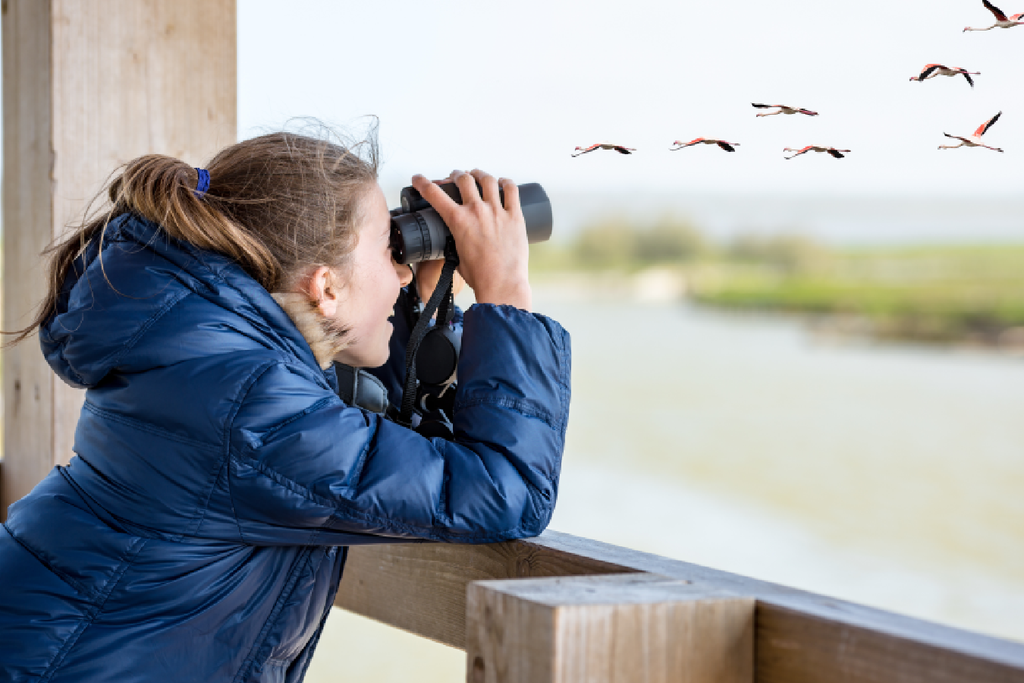
In the early 1900s, bird enthusiasts gained more reverence and respect for birds. This is when bird fans became watchers rather than collectors. People started to use binoculars to keep their distance from the fowl.
Conservation
Conservation efforts emerged from the practice of watching birds. Today, the number of birds are steadily declining. This is largely human caused. The American Bird Conservancy attributes the decline to habitat loss as humans expand their living spaces.
According to a study from Cornell, the North American bird population has declined by nearly 3 billion since 1970. This is a huge drop in biodiversity, which is import for a healthy planet. Further loss like this could cause the entire ecosystem on the continent to unravel.
The AOS hopes these name changes will draw more people to bird watching and therefore to bird conservation. If more people feel accepted by the bird watching community, there will be more desire to protect the flying creatures.
This change will make bird watching and appreciation more accessible to everyone. It will be easier to remember and understand these descriptive names, as well as the names will no longer serve as a reminder of those with antiquated ideals.
